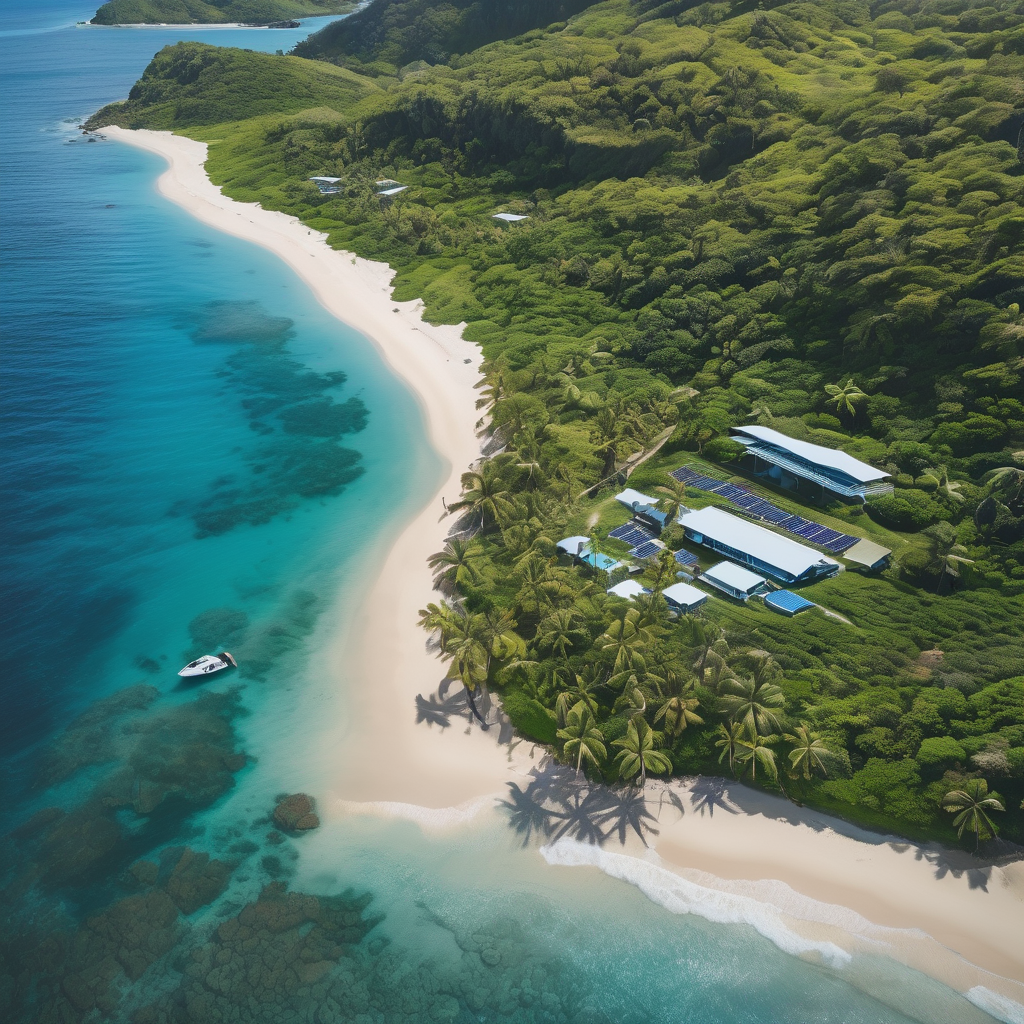Fiji is facing a significant challenge with its wastewater infrastructure, which is currently under immense strain and unable to support the country’s growing economic demands. Acting Prime Minister and Finance Minister Professor Biman Prasad emphasized this issue, highlighting that the existing systems are not equipped to handle the necessary capacity for major economic development.
To mitigate this problem, the Fijian government has initiated the Healthy Oceans and Water Supply Improvement Project, valued at $385 million. This ambitious project, spearheaded by the Water Authority of Fiji, aims to relieve the pressure on the wastewater infrastructure, thereby safeguarding the environment and surrounding oceans from potential pollution. Despite the scale of this investment, Prasad assured that it remains within the country’s fiscal targets.
The government’s commitment to addressing these infrastructure challenges is further demonstrated by its recent focus on upgrading aging water systems, reducing water losses, and expanding distribution networks. These efforts align with the government’s broader agenda to foster economic growth and improve public health by ensuring equitable access to essential water services.
However, Fiji also grapples with human resource shortages in the water and wastewater sector, underscoring the urgent need for long-term capacity building and skill development. Efforts to train and retain skilled workers are crucial for sustaining the future efficiency and sustainability of Fiji’s water infrastructure.
In a parallel effort to modernize and expand the country’s water distribution capacity, the government had previously announced a substantial $284 million investment aimed at overhauling outdated systems and improving water treatment facilities. Projects in the pipeline include the construction of a new water treatment plant to benefit nearly 230,000 residents along the Suva-Lami corridor and other regions.
As the government seeks to address these critical issues, it is evident that a multifaceted approach encompassing infrastructure investment, skill development, and environmental protection is vital for Fiji’s sustainable development. These modernizations not only promise improved living conditions and public health standards for Fijians but also set the stage for a robust economic future driven by a resilient and reliable water sector.
